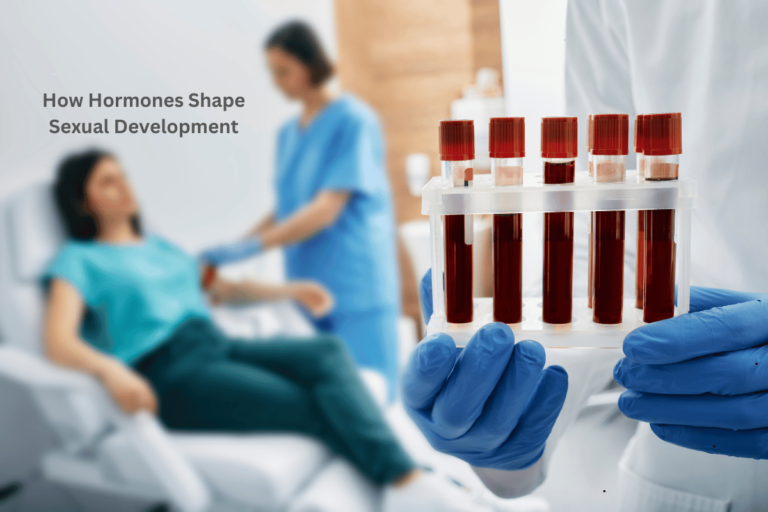Vital Insights: Male Sexual Wellness
Understanding the intricate balance of hormones like testosterone is essential for male sexual health. Imbalances in hormones can lead to issues such as decreased libido and erectile dysfunction. Additionally, relationship dynamics and lifestyle choices play significant roles in enhancing sexual satisfaction. Exploring the interplay of these factors comprehensively can optimize male sexual wellness. To investigate further into strategies for promoting male sexual health and satisfaction, exploring the factors impacting sexual wellness and common male sexual health issues is necessary. Prioritizing mental and emotional well-being alongside physical health is key in optimizing sexual well-being.
Key Takeaways
- Hormonal balance, especially testosterone levels, crucial for male sexual desire and performance.
- Positive relationships enhance sexual satisfaction and overall well-being.
- Lifestyle choices like diet and exercise impact male sexual wellness.
- Psychological factors such as stress and anxiety profoundly affect sexual health.
- Understanding the interplay of various factors is essential for promoting holistic male sexual wellness.
Male Sexual Health Overview
Male Sexual Health encompasses a broad spectrum of physical, psychological, and interpersonal factors that collectively influence men's sexual well-being and functioning. Hormonal balance, particularly testosterone levels, plays a critical role in regulating male sexual desire and performance. Imbalances in hormones can lead to issues such as decreased libido and erectile dysfunction.
Moreover, relationship dynamics play a key role in male sexual health. Positive and supportive relationships can enhance sexual satisfaction, while conflicts or stress within relationships can contribute to sexual difficulties. Understanding and addressing both hormonal balance and relationship dynamics are essential components of promoting excellent male sexual wellness.
Factors Impacting Sexual Wellness
Factors influencing sexual wellness encompass a multitude of physical, psychological, and social elements that collectively impact an individual's overall sexual health. Relationship dynamics and cultural influences can greatly affect one's sexual well-being. As individuals age, there can be noticeable effects on sexual health, including changes in libido and physical function.
Lifestyle choices such as diet, exercise, and substance use play an important role in maintaining sexual wellness. Psychological factors like stress, anxiety, and depression can also have a profound impact on sexual health. Understanding these various factors and their interplay is essential in promoting a holistic approach to male sexual wellness.
Common Male Sexual Health Issues
Common challenges in men's sexual health encompass a range of issues that can impact overall well-being and intimate relationships. Erectile dysfunction (ED), premature ejaculation, delayed ejaculation, and anorgasmia are common male sexual health issues. ED can be caused by stress, depression, low testosterone, or urological problems.
Treatment options for ED include medications, injections, and devices. Lifestyle modifications such as regular exercise and a balanced diet can support sexual health. It's essential for men experiencing these issues to seek professional help to address concerns effectively. By combining treatment options with lifestyle adjustments, many common male sexual health issues can be managed, improving both physical and emotional well-being.
Importance of Mental & Emotional Well-being
Exploring the interplay between mental and emotional well-being is essential in understanding the broader spectrum of male sexual health factors. Emotional resilience and mental clarity are foundational elements that greatly influence male sexual wellness.
Emotional resilience enables individuals to cope with stressors effectively, reducing the adverse impact on sexual desire and performance. Likewise, mental clarity plays a vital role in maintaining focus and concentration during intimate moments, contributing to overall sexual satisfaction.
Addressing mental and emotional well-being through strategies such as mindfulness, stress management techniques, and therapy can enhance male sexual health outcomes. By prioritizing mental and emotional wellness alongside physical health, individuals can cultivate a holistic approach to optimizing their sexual well-being.
Strategies for Enhancing Sexual Health
Enhancing sexual health in men involves implementing targeted strategies that encompass physical, mental, and emotional well-being to optimize overall wellness. Lifestyle modifications such as regular exercise, a balanced diet, and adequate sleep can positively impact sexual health.
Addressing performance anxiety through relaxation techniques, therapy, or counseling can help improve sexual function. Developing effective communication skills and fostering healthy relationship dynamics are essential in enhancing sexual satisfaction and intimacy.
Open and honest discussions with partners about desires, concerns, and boundaries can strengthen emotional connections and lead to a more fulfilling sex life. By incorporating these strategies into daily life, men can take proactive steps towards improving their sexual health and well-being.
Conclusion
In summary, male sexual wellness is a complex interplay of physical, psychological, and societal factors that require proactive management strategies.
By addressing common issues such as erectile dysfunction and emphasizing the importance of mental and emotional well-being, individuals can navigate the intricate terrain of sexual health.
It is important to remember that 'knowledge is power,' and by equipping oneself with essential insights and taking proactive steps, men can work towards peak sexual well-being.







